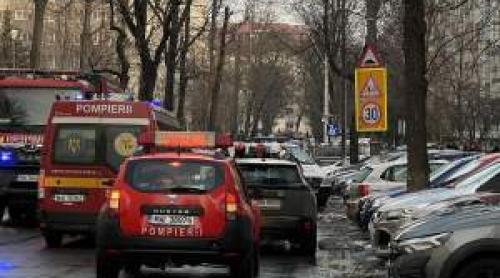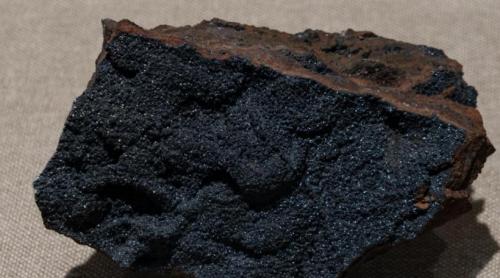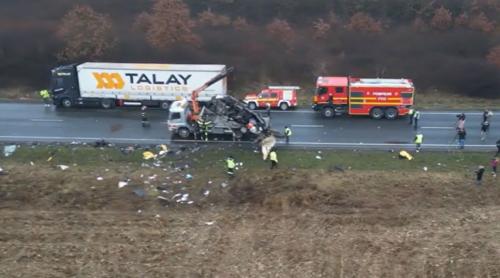Just as the deadline for accessing the European Union approaches, both Romania and Bulgaria face similar problems, according to media reports.
Tensions in the ruling coalition, street protests, corruption high up on the political agenda, the above-the-law status of the American
military to be stationed in their countries and media attention converging on the ranking of the nationâs richest people keep the front pages in both neighboring countries.
The tensions inside the ruling coalition in Sofia were recently highlighted by the corruption charges brought against Iordan Kostandinov, former director of the nuclear plant in Kozlodui.
Elected in parliament on the ticket of the National Movement Simeon the Second, Kostandinov wasted no time in attacking the way the anti-corruption fight was conducted.
According to Novinite web site, the National Movement expressed its outrage over the fact that members in the parliamentary anticorruption committees addressed the Kostandinov
case in front of the media while the latter was not present.
For his part, Kostandinov said he would ask the minister of interior to resign if the court would rule he was not guilty. The minister of interior is a member of the Socialist Party, which rules along the Movement for Rights and Freedoms.
Kostandinov was accused Monday that he broke the public procurement law, according to a probe of fiscal authorities during 2004 and 2005. The anticorruption council recommended prosecutors to address the issue.
Kostandinov denied the allegations and said they targeted two things: one to discredit once more the nuclear plant at Kozlodui, just as Bulgaria was attempting to save it from the close-down scheduled for January 1, 2007, with modernizing its third and fourth reactors. The other was to mislead the EU experts, he said.
As if this commotion was not enough, nationalists stirred too the political waters in Bulgaria, as they did in Romania.
Tensions are on the rise since the Ataka Nationalist Party organized a march of thousands of people asking the government to resign on the national day of March 3. Borislav Borislavov, head of the Sofia subsidiary of the Union of the Democratic Forces, said that parties like Ataka may generate a civil war in Bulgaria.
The agreement both Romania and Bulgaria gave to the location of American military bases on their territory is back in the news in both countries.
While in Bucharest the Senate foreign affairs and defense committees learned Tuesday that the US was pretty much free to launch attacks on third nations from Romaniaâs territory with no prior consent needed from Romanian authorities, in Sofia the head-aches came from a different reason.
The status of the American military on Bulgariaâs territory was the bone of contention and, as military sources in Sofia told the Romania RADOR news agency, no agreement will be signed with Washington over the list of facilities the Americans may use in Bulgaria until the status of the military would be clarified. The agreement will be most probable signed at the end of April, during the visit the US Secretary of State Condoleezza Rice will make to Sofia.
So far, Bulgarian media said quoting military sources, that military bases operated by the Americans both in Romania and Bulgaria would have their operational HQ in Romania.
Translated by ANCA PADURARU



















